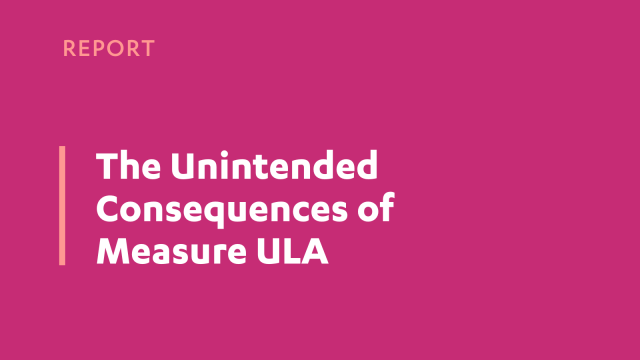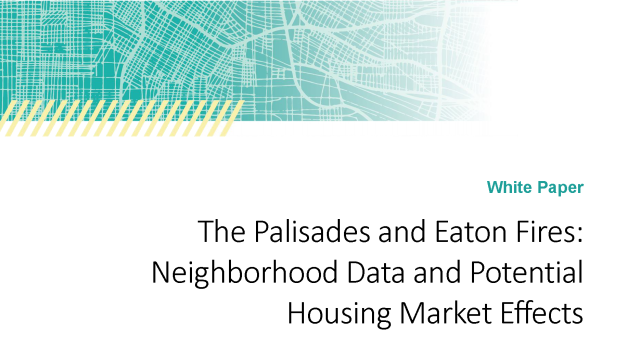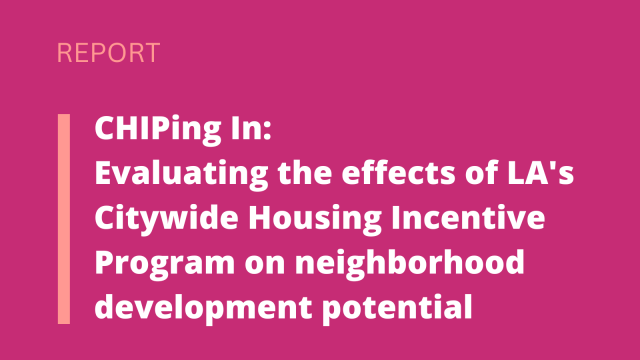Meaningful Action: Evaluating Local Government Plans to Affirmatively Further Fair Housing in California
A 2018 California law requires local governments to affirmatively further fair housing (AFFH) in their General Plan’s housing element. This paper examines how eight municipalities reacted to this requirement in three areas of their 2021 plans: the analysis of fair housing issues, proposed fair housing programs, and the location of sites identified for low-income housing development. We consider whether these cities’ over 200 fair housing programs are meaningful actions by evaluating their potential impact, and measure the distribution of proposed sites for new low-income housing across neighborhoods. The cities created many new programs in response to the mandate; however, most programs do not meaningfully advance fair housing goals. Moreover, most cities do not modify land-use plans to allow affordable housing in affluent neighborhoods. Additionally, we find a mismatch in the plans. The affluent, majority-white cities that developed more meaningful fair housing programs continued to concentrate sites for affordable housing in their least affluent neighborhoods. Our analysis of potential program impact allows us to identify AFFH oversight challenges and make recommendations for AFFH guidelines. We focus on California, but the research is relevant to federal AFFH implementation and raises questions about how to best advance fair housing goals.



